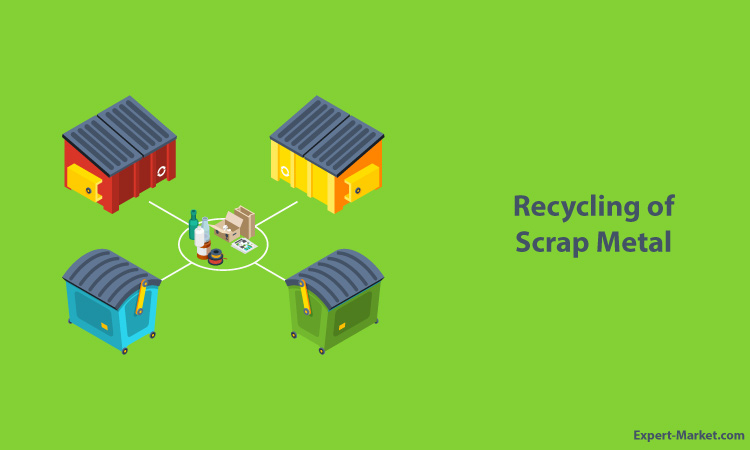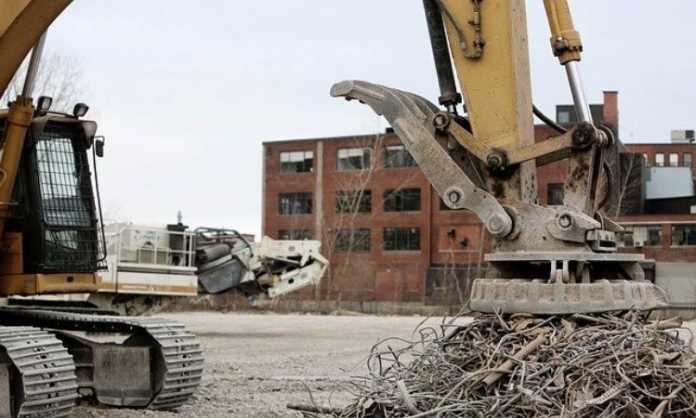Ankit’s Journey to Success in Scrap Metal Recycling
Introduction: A Profitable Venture
In today’s world, where sustainability and profitability go hand in hand, the scrap metal recycling business in India emerges as a lucrative opportunity. This narrative explores the success story of Ankit, an enterprising individual from India, who ventured into this green business. His story not only demonstrates the high profit margin potential in scrap metal recycling but also serves as a comprehensive guide for those aspiring to enter this field.
Exploring the Types of Metals for Recycling
Diverse Metals in the Recycling Business
Ankit’s success in the scrap metal recycling business was partly due to his knowledge about the types of metals that can be recycled. He understood that different metals have varying market values and recycling processes. Here’s a look at some of the key types of metals that are commonly recycled:
- Aluminum: Widely used in cans, packaging, and construction, aluminum is a highly sought-after metal in the recycling industry due to its ease of recycling and consistent demand.
- Copper: Found in electrical wires, plumbing pipes, and roofing materials, copper is prized for its high resale value and extensive use in various industries.
- Steel and Iron: These metals are commonly recycled from automobiles, appliances, and construction materials. Steel, especially, is one of the most recycled materials globally due to its magnetic properties which ease the sorting process.
- Brass: Often used in plumbing fixtures and decorative items, brass is a valuable metal in the recycling market.
- Lead: Mainly recycled from car batteries, lead must be handled with care due to its toxic nature.
- Nickel: This metal is often recycled from stainless steel and certain alloys.
Profitable Metals for Recycling
In terms of profitability, Ankit found that certain metals offered higher returns in the recycling process:
- Copper: Known for its high resale value, copper is considered one of the most profitable metals in the recycling industry.
- Aluminum: Due to its widespread availability and constant demand, recycling aluminum can be quite profitable.
- Brass: This metal, often overlooked, can fetch good prices in the recycling market.
Ankit leveraged this knowledge to focus on collecting and processing these profitable metals, contributing significantly to his business’s success. Understanding the market demand for different types of metals and their respective recycling processes was key to maximizing his profit margins in the scrap metal recycling business.
Laying the Groundwork
Understanding the Market
Ankit began by researching the global scrap metal market. He discovered that the industry is expanding rapidly, with significant demand in both domestic and international markets. This demand is driven by the need for sustainable and cost-effective raw materials in various industries.
Setting up the Business
- Market Analysis: Ankit first analyzed the local and global demand for recycled metal, identifying potential buyers and sellers.
- Sourcing Scrap Metal: He established networks for sourcing scrap metal, including local businesses, construction sites, and individual suppliers.
- Sorting and Processing: Ankit invested in a facility to sort and process the scrap metal into various categories based on type and quality.
- Sale and Distribution: He created a distribution network to sell the processed metal to buyers in manufacturing and other industries.
- Compliance and Regulations: Ankit ensured that his business adhered to all environmental and safety regulations.
- Financial Management: He developed a strategy for managing finances, focusing on maximizing profit margins.
Business Plan Steps
- Initial Investment: Ankit invested in essential equipment for collecting, processing, and transporting scrap metal.
- Building a Network: He focused on building relationships with local businesses and contractors to ensure a steady supply of scrap metal.
- Efficient Processing: Investing in the right machinery to efficiently process different types of metals was crucial.
- Marketing Strategy: Ankit developed a marketing strategy to connect with potential buyers in various industries.
- Sustainability Practices: Emphasizing on eco-friendly practices, he ensured his business contributed positively to the environment.
- Expansion Plans: Ankit planned for gradual expansion to tap into wider markets both domestically and internationally.
Insights and Global Market Data

Ankit’s business tapped into the global scrap metal market, which is projected to reach billions in value over the next few years. He observed that:
- Demand for certain metals, like aluminum and copper, is particularly high.
- The price of scrap metal is subject to global economic trends, affecting the profit margin.
- Emerging markets are showing increasing interest in recycled metals.
Conclusion
Ankit’s success in the scrap metal recycling business is a testament to the potential in this eco-friendly industry. His journey highlights the importance of strategic planning, understanding market dynamics, and adhering to sustainable practices. The scrap metal recycling business not only promises high profit margins but also contributes to environmental conservation, making it an ideal venture for aspiring entrepreneurs in India and beyond.



























